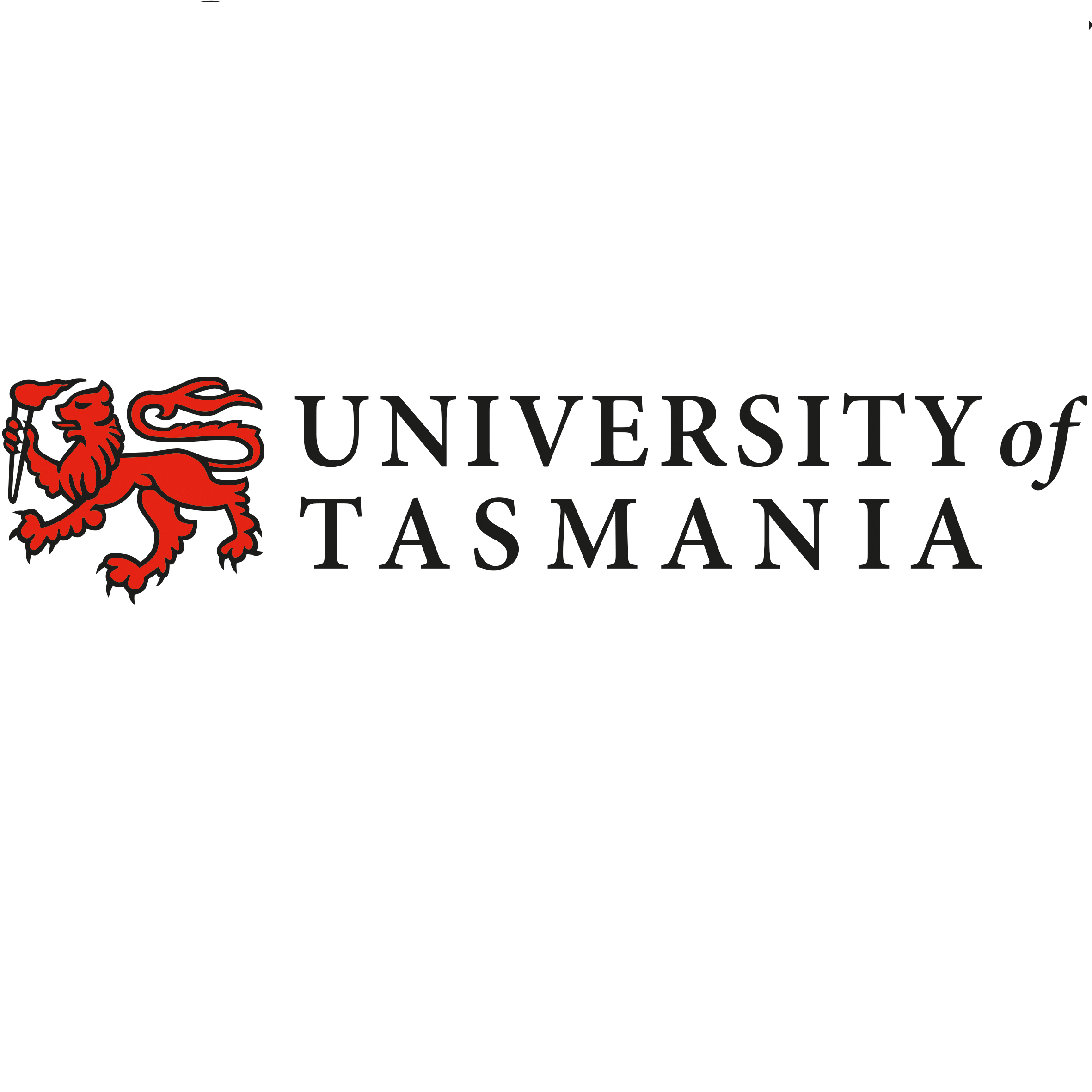Full description
We compare the formulation and emergent dynamics of 11 CMIP6 IPCC marine biogeochemical models. We find that the largest source of uncertainty across model simulations of marine carbon cycling is grazing pressure (i.e. the phytoplankton specific loss rate to grazing). Variability in grazing pressure is driven by large differences in zooplankton specific grazing rates, which are not sufficiently compensated for by offsetting differences in zooplankton specific mortality rates. Models instead must tune the turnover rate of the phytoplankton population to balance large differences in top-down grazing pressure and constrain net primary production. We then run a controlled sensitivity experiment in a global, coupled ocean-biogeochemistry model to test the sensitivity of marine carbon cycling to this uncertainty and find that even when tuned to identical net primary production, export and secondary production remain extremely sensitive to grazing, likely biasing predictions of future climate states and food security.Lineage
Maintenance and Update Frequency: notPlannedIssued: 17 05 2023
Data time period: 2022-09-01 to 2023-09-07
User Contributed Tags
Login to tag this record with meaningful keywords to make it easier to discover
(README - data file descriptor [PDF])
url :
https://data.imas.utas.edu.au/attachments/d84b6bfb-6254-4fa5-8391-bf48db1c889e/Data_Read_Me.pdf![]()
(Browse all available files for download)
url :
https://data.imas.utas.edu.au/attachments/d84b6bfb-6254-4fa5-8391-bf48db1c889e![]()
(Download full zipped data package)
- DOI : 10.25959/B7XN-W655

- global : d84b6bfb-6254-4fa5-8391-bf48db1c889e


